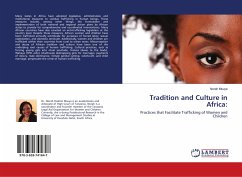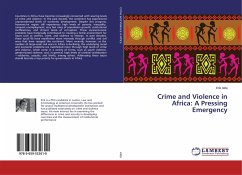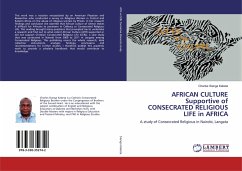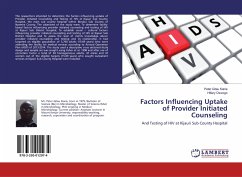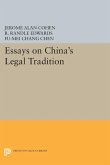Many states in Africa have adopted legislative, administrative and institutional measures to combat trafficking in human beings. These measures include, among other things, the formulation and implementation of both national and regional action plans by African states to provide for comprehensive and coordinated interventions. Many African countries have also enacted an anti-trafficking legislation at the country level. Despite these measures, African women and children have been trafficked annually worldwide for purposes of forced labor, sexual exploitation, and domestic servitude. Additionally, women and children are trafficked within their countries from rural to urban areas. Misconception and abuse of African tradition and culture have been one of the underlying root causes of human trafficking. Cultural practices, such as forcing young girls into ritual servitude, Trokosi (slaves to the Gods), Wahaya (fifth wife), Ukuthwala (kidnapping girls for marriage), payments of dowry,male dominance, female genital cutting, witchcraft, and child marriage, perpetuate the crime of human trafficking.
Bitte wählen Sie Ihr Anliegen aus.
Rechnungen
Retourenschein anfordern
Bestellstatus
Storno

